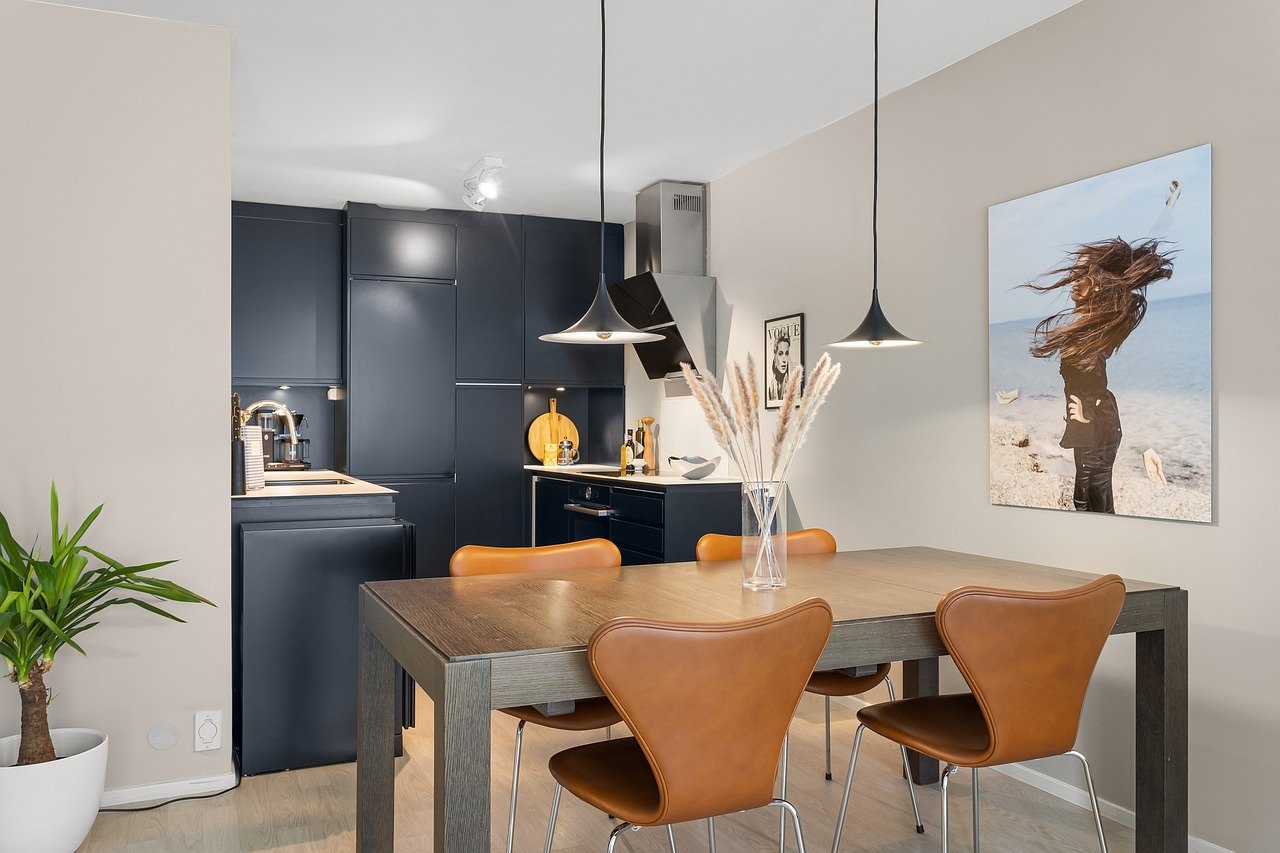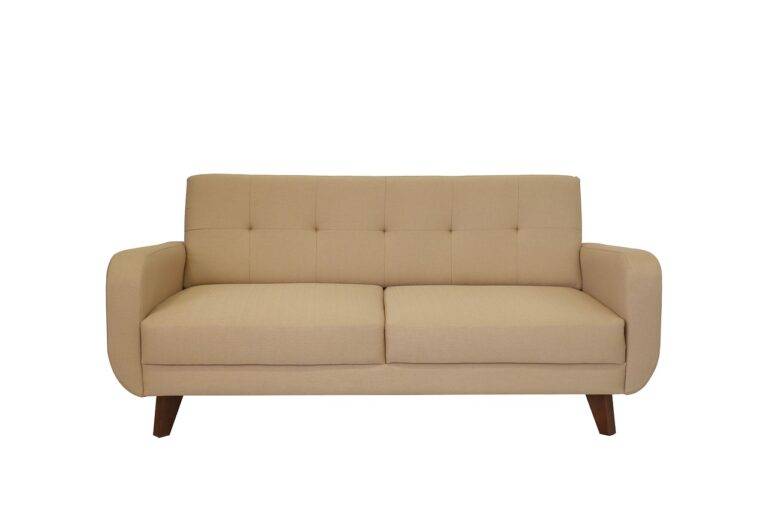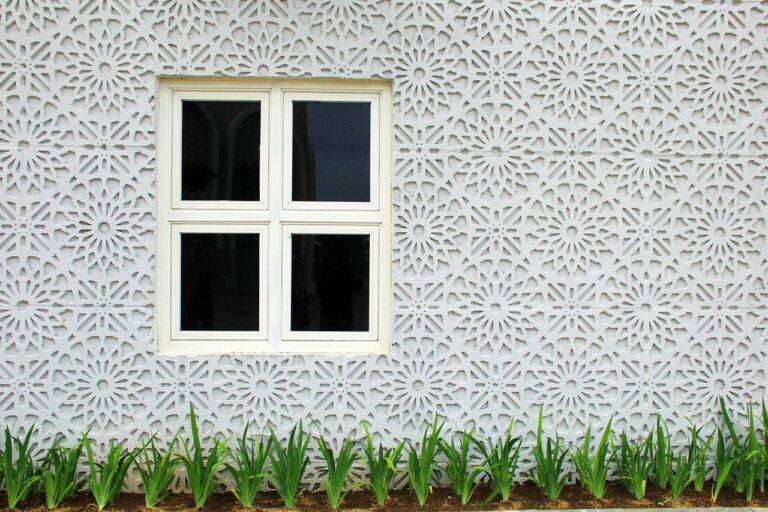The Benefits of Adding Skylights to Your Home
Natural light plays a vital role in our daily lives, providing a myriad of benefits that contribute to our overall well-being. Exposure to natural light has been linked to a host of positive health outcomes, including improved mood, reduced stress levels, and increased productivity. In addition, natural light helps regulate our circadian rhythms, promoting better sleep patterns and overall health.
Moreover, natural light is a sustainable and cost-effective way to illuminate indoor spaces, reducing the need for artificial lighting and lowering energy consumption. By strategically incorporating natural light into building design, not only can energy efficiency be enhanced, but occupants can also benefit from a more visually stimulating and comfortable environment.
Improved Energy Efficiency
To enhance energy efficiency in a space, utilizing natural light is a key strategy. By maximizing the use of daylight, artificial lighting usage can be reduced, resulting in lower energy consumption. This not only reduces electricity bills but also contributes to a more sustainable environment by lowering greenhouse gas emissions associated with power generation.
Incorporating energy-efficient appliances and systems can also significantly improve the overall energy performance of a building. From energy-efficient lighting fixtures to smart thermostats and HVAC systems, these upgrades can make a substantial difference in reducing energy consumption. Implementing these measures not only decreases carbon footprint but also promotes a more resource-efficient way of living.
• Utilizing natural light to reduce artificial lighting usage
• Lowering energy consumption and electricity bills
• Contributing to a more sustainable environment by reducing greenhouse gas emissions
• Incorporating energy-efficient appliances and systems in buildings
• Upgrading to energy-efficient lighting fixtures, smart thermostats, and HVAC systems
• Decreasing carbon footprint and promoting resource-efficient living
Enhanced Mood and Well-being
Incorporating natural light into our living spaces has shown to have a positive impact on our overall mood and well-being. Exposure to natural light helps regulate our circadian rhythms, contributing to better sleep patterns and overall mental health. Studies have suggested that access to natural light can reduce symptoms of depression and anxiety, improving our overall sense of well-being.
Furthermore, natural light has been found to increase productivity and boost creativity. When our bodies receive adequate natural light, serotonin levels increase, promoting feelings of happiness and relaxation. By designing living and workspaces that maximize natural light exposure, we can create environments that support our mental and emotional health.
How does natural light impact mood and well-being?
Natural light has been shown to boost serotonin levels in the brain, which can improve mood and overall well-being.
What are some ways to increase natural light in a space?
To increase natural light in a space, consider using light-colored paint, mirrors to reflect light, and strategically placing furniture to allow light to filter through.
How does improved energy efficiency contribute to mood and well-being?
Improved energy efficiency can lead to lower energy bills, which can reduce financial stress and contribute to a more positive mood.
What are some ways to improve energy efficiency in a home?
Some ways to improve energy efficiency in a home include sealing windows and doors, upgrading to energy-efficient appliances, and installing a programmable thermostat.
Can enhanced mood and well-being be achieved through simple lifestyle changes?
Yes, enhanced mood and well-being can be achieved through simple lifestyle changes such as getting regular exercise, maintaining a healthy diet, and practicing mindfulness.







